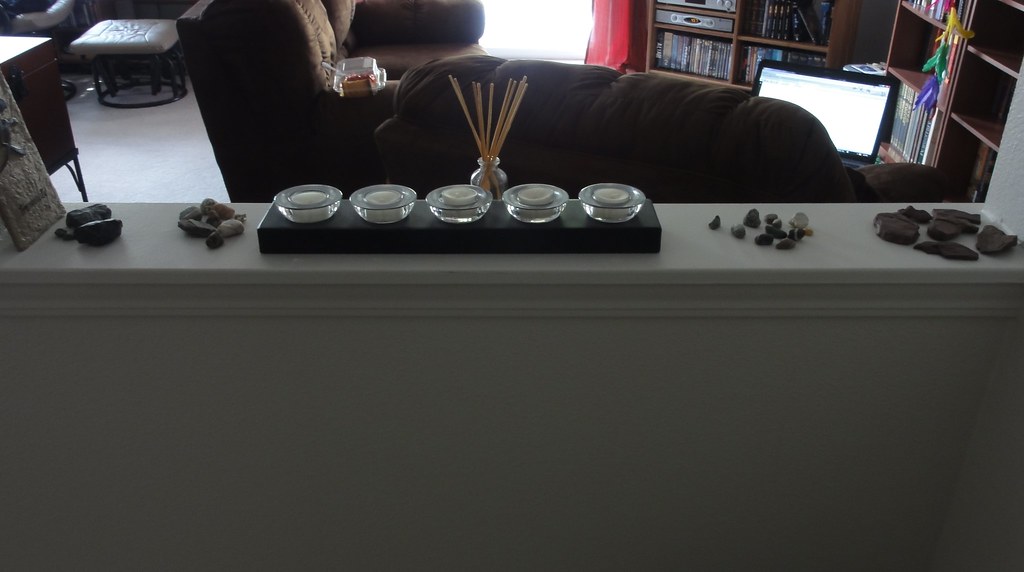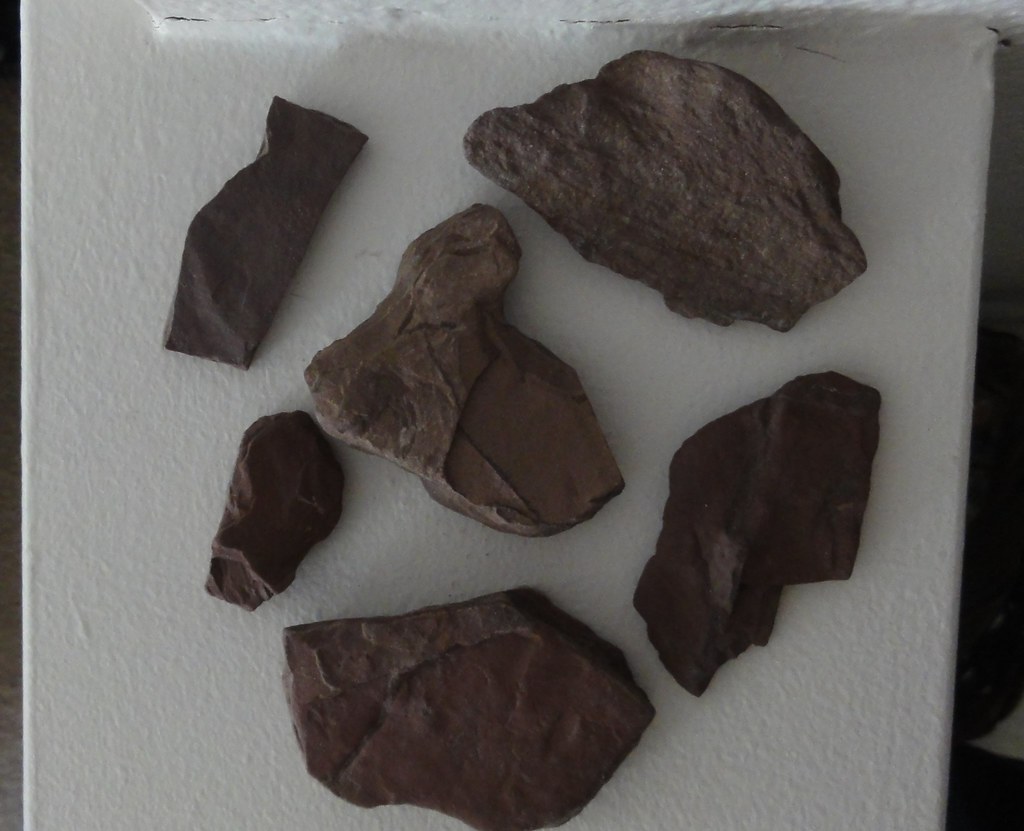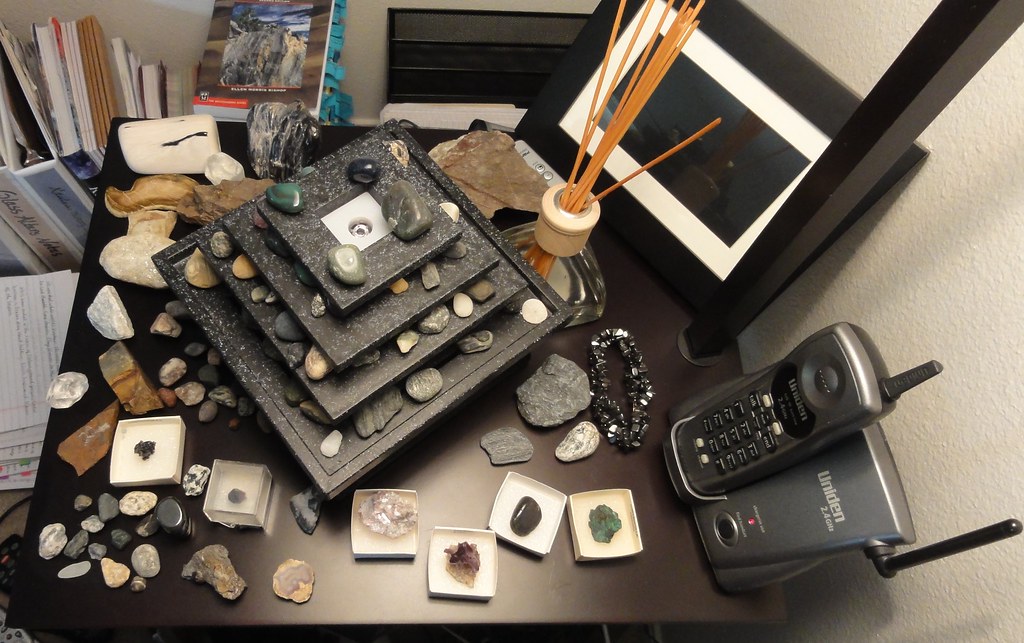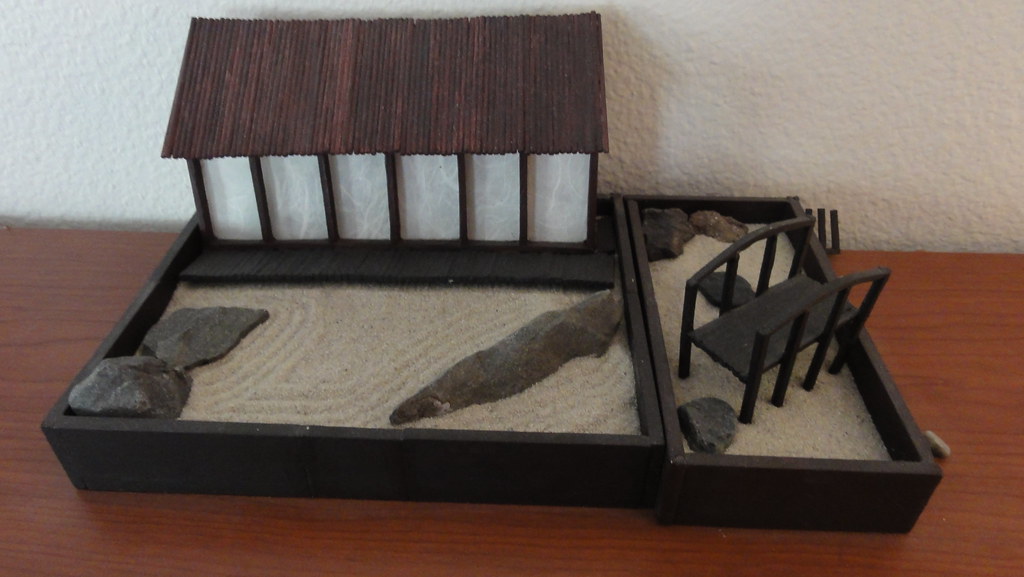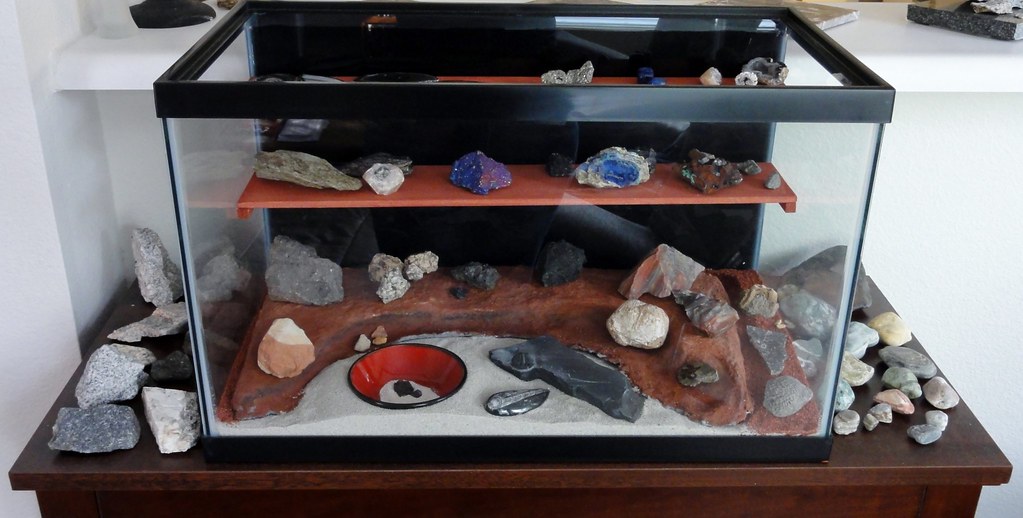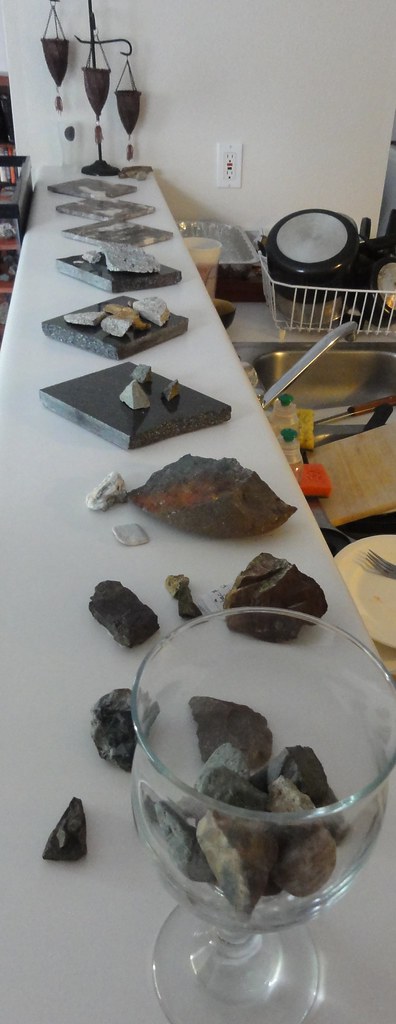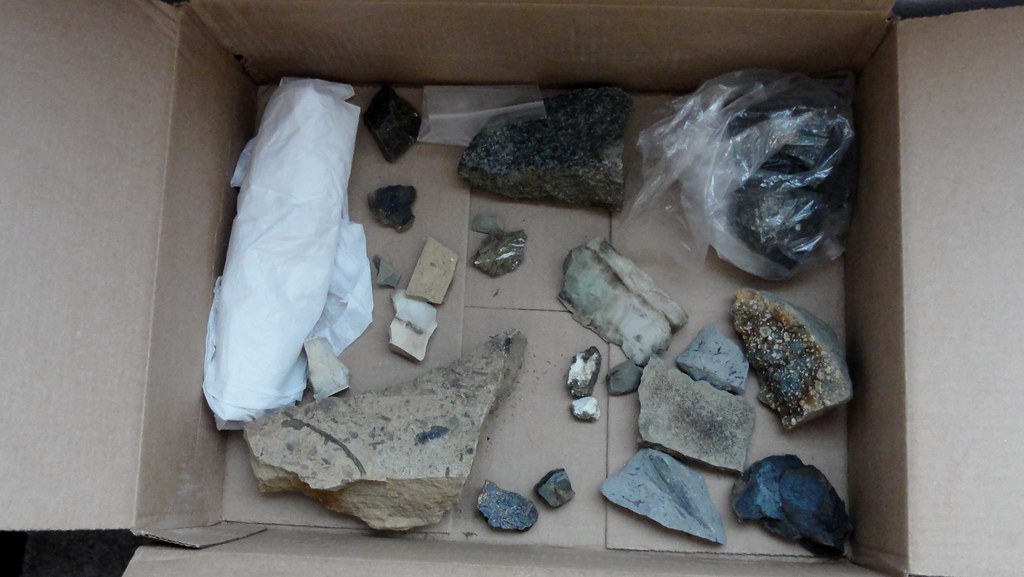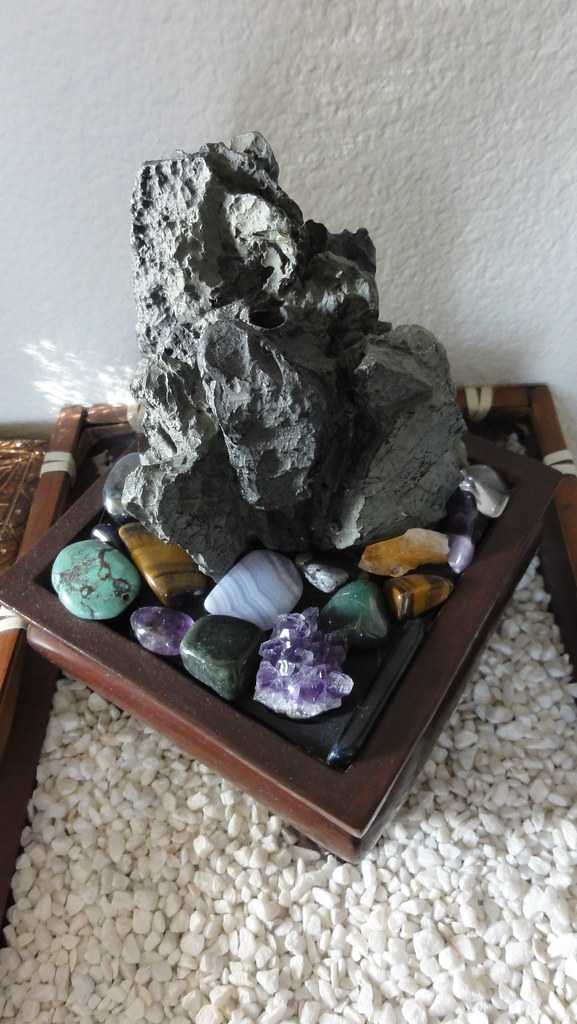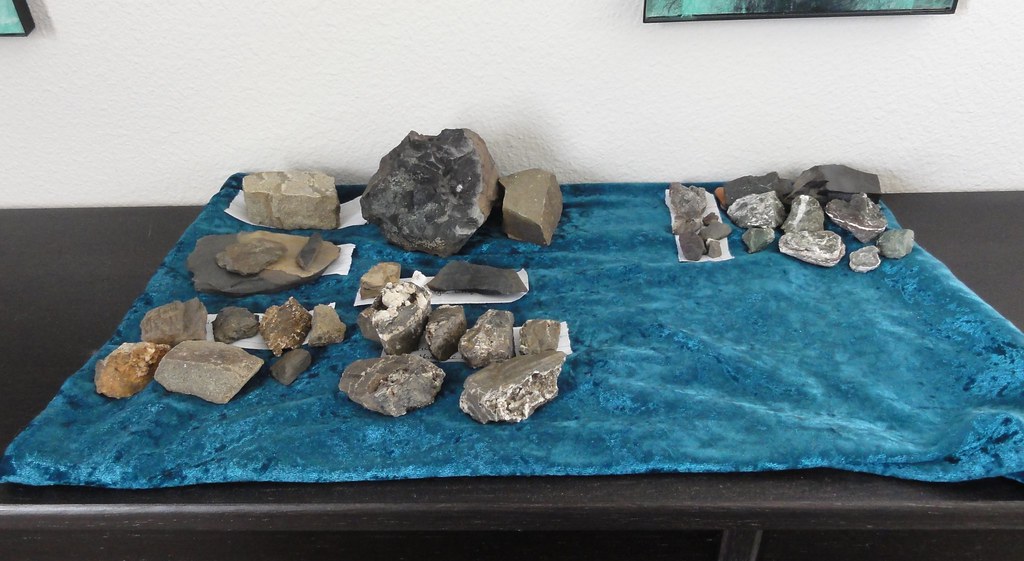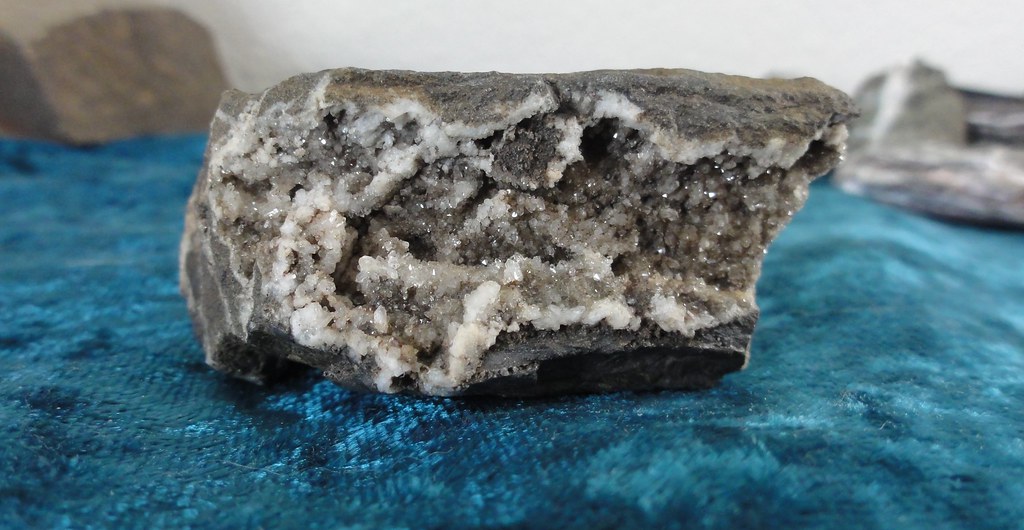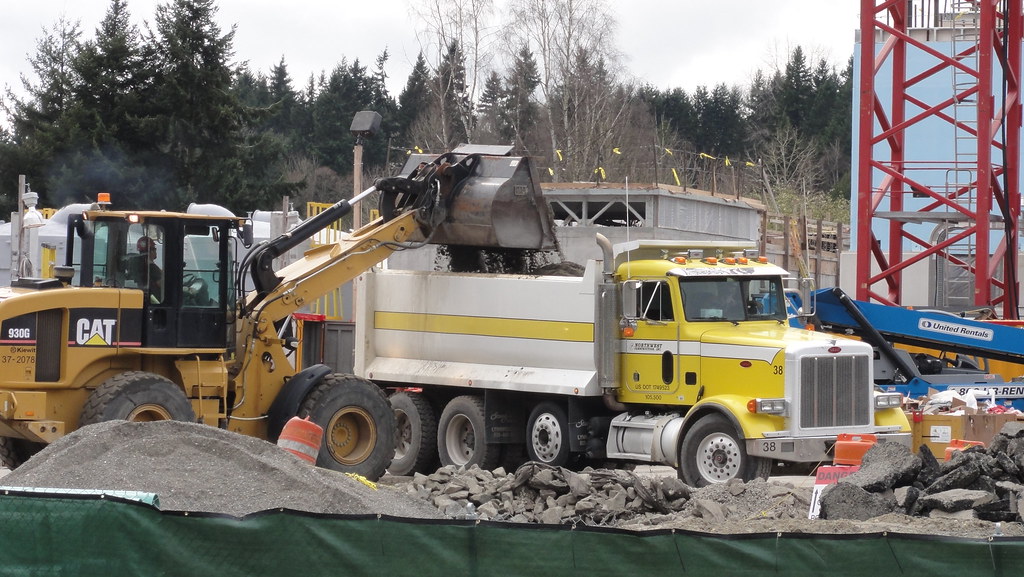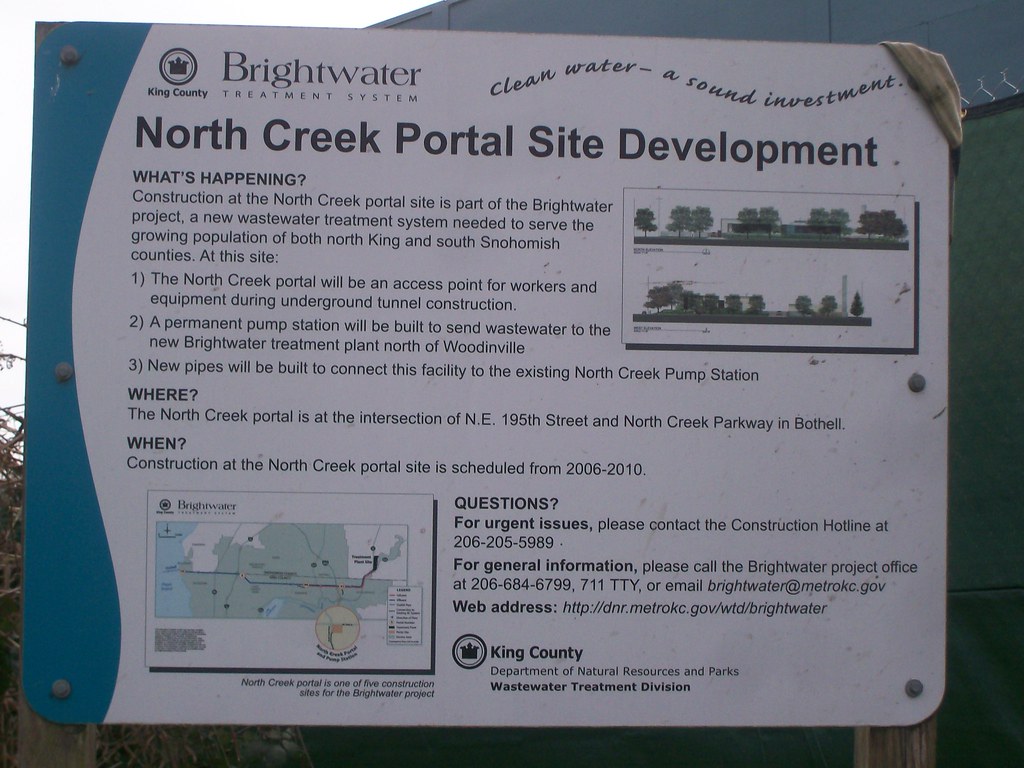Today in the Dojo: How to get across the flavor of an accent without letting it overwhelm the story.
”The best dialect writers, by and large, are economical of their talents: They use the minimum, not the maximum, of deviation from the norm, thus sparing the reader as well as convincing him.”
-E.B. White
Variety is the spice of life, and it’s rarely more spicy than when we’re talking. The United States alone has hundreds of regional accents, not to mention the plethora of foreign accents, affected accents, group accents, fake accents, and accents for the sake of accents. We writers have to take that into account when scribbling our immortal dialogue. The conundrum becomes, how does the author spice up the prose with accents without rendering it inedible?
I’m sure we’ve all had the experience of reading a book that has a brand-new arrival from overseas who miraculously speaks perfect American English, and gotten thoroughly annoyed by it. Granted, a book isn’t like a movie, where Central Casting can choose a person able to ape the right accent (or, even better, find someone of the right origin who also happens to be a nifty actor) and then letting Nature take its course. But still, you don’t like seeing Hajij, who has been portrayed as fresh from Pakistan, chatting with the main character like a California native. And for that matter, California Natives probably shouldn’t talk like Native New Yorkers, either.
We’re not going to address the political correctness aspect here. It’s hard enough to faithfully render an accent without having to confront angry mobs of sensitive people as well. I’m going to invoke the First Amendment and say that you’re free to render speech however you like. Just have a bat near the door in case someone large and unpleasant with a heavy accent comes to discuss your choices with you.
You may be thinking, if I’m placing my prose and personal safety at risk, why even bother with accents? Why not just render dialogue on good, plain English and let the reader fill in the blanks?
Flavor, that’s why. If you want good, bland dialogue to keep the reader from getting distracted from the other textures and subtle seasonings in your story, fine. But a well-rendered accent (or few dozen) is like a good condiment: it takes a tasty dish and makes it pop.
So, let’s have a wander down the spice aisle and see what’s in stock.
All Kinds of Accents
There’s a lot of reliance on phonetic spelling among neophytes when they’re trying to get an accent across, but that doesn’t work for several reasons. It’s barely intelligible, for one thing. You don’t want your readers spending 90% of their reading time sounding things out, trying to figure out what they hell you’re saying. And it doesn’t create the accent in the reader’s mind: face it. This is prose. You can’t faithfully reproduce audio in a visual medium. What you need to do is suggest.
So let’s just browse the racks a bit here and see what’s available. Then we’ll wander over to Dana “Julia Child” Hunter’s kitchen for a nice demo on using the ingredients to cook up flavorful dialogue.
You’ll notice first that there’s a billion choices as to types of accent. We’ve got national: British, Spanish, Mexican, French, Arabian, Pakistani, Indian, Israeli, Chinese, Japanese… by now, you’ve got the idea. Moving down the aisle, we see that within countries, we’ve got a plethora of regional accents. Did you know that not all Canadians pronounce the classical Canadian oo for o? Yup. Somebody from British Columbia sounds a lot different than a bloke from Ottawa, and Quebec sounds like a whole other country all together (which they could end up being someday). You’ve got your young vs. old accents, your goth vs. jock accents, mixed accents, pretended accents, accents caused by speech impediments, brain damage, and… Let’s just say you’re never going to suffer from a lack of choice.
So what exactly is an accent anyway? Part of it’s pronunciation – you say tuh-may-toe, I say toe-mah-toe, or tuh-may-tuh, for that matter. My father, who is good ol’ farmboy stock from Indiana, puts an R in things that don’t deserve such treatment, like “worsh” for “wash” and “squorsh” for “squash”. Let’s not even talk about talking about our nation’s capitol with him… A broom is a broom is a broom, but if you’re from Boston, it’s a “brum.” Ask Dave, who treated a coworker and myself to this immortal exchange:
“Hey, Tasha, could I borrow a brum?”
“A ‘brum,’ Dave? What the hell’s a ‘brum’?”
“A brum, you know, you sweep the flah.”
“A flah, Dave?”
At which point, Dave turned a nice shade of heart-attack red and stomped out. Tasha waited a few seconds for him to get out of earshot, burst out laughing, and said, “I’d better take him the broom so he can sweep his floor.”
But an accent’s not all in the pronunciation, and it would be follow for we as writers to rely on that alone. Accent is also word choice and the way we organize words. If I tell you I threw my Wellingtons into the boot, you can pretty much guarantee I’m from England. If I tell you I threw my rubbers into the trunk, I’m either oversexed or I’m from one of those regions in the U.S. where you can still say “rubbers” instead of “boots” without getting very odd looks.
Brits might say “Don’t let’s fight,” whereas an American will say, “Let’s not fight.” Somebody from Liverpool’s likely to say, “Not bleedin’ likely, guv,” while a Londoner’s more inclined toward, “That’s highly unlikely,” and an American’s take on the whole thing is “It’ll never happen.” See how that works?
Accent is also a matter of unique phrases, proverbs, and misunderstandings. “Like killing snakes” may mean “Like, I had to take a shovel to this snake and totally smash it, dude.” But it’s really a Welsh way of saying “really fucking busy.” In the English-speaking world, we’re all pretty familiar with “kill two birds with one stone,” but a Turkish gentleman I heard in a documentary renders it “with one stone you can shoot two birds.” How’s that for local color?
Accent grows from a person’s native speech. All of the rules of grammar they learned for their own language don’t go out the window when they learn English – they get tangled up with it. Which is why you end up with dropped words, odd turns of phrase, and some very bizarre sentences. Languages that aren’t as article-happy as ours end up with speakers who tend to leave out bits of proper English, especially when upset: “You crazy!” And different words don’t translate perfectly, so you get my Mexican friend George’s favorite phrase: “Can you mind?” By which, I’m almost certain, he means, “Can you believe it?” or alternately, “Can you understand?”
You’ve also got generation gaps. People in ancient times didn’t talk just like modern Americans. Hell, Americans didn’t talk like modern Americans ten years ago. Accent is as much a matter of upbringing and attitude as anything else. Some of us are still alive who remember when “Radical!” was the hippest thing to say. Some of us are still alive who remember when calling somebody a “cat” was the pinnacle of cool. So don’t forget that along with all your other purchases: you’ll need to pick as much for age as for location.
All of these things, and probably about a trillion other subtleties I’m missing, add up to one thing: a smorgasbord of spicy language.
That’s Cute, Dana. But There’s No Such Thing as an Accent Aisle
You’re right, there’s not. But it’s not impossible to find what you’re looking for.
If you’re going to pay the cable bill, get more out of it than brain death. TV’s chock full of regional and national accents. Keep your ears open while you’re watching the latest offerings on the boob tube – any program you watch, especially the documentary types, have real people with real accents jabbering away. It’s how I learned that a Welsh accent sounds remarkably Irish (to my American ears), and got that Turkish gem of a butchered proverb I cited above. Movies can help you there, too, especially those (like Monty Python) that are performed by native speakers rather than Americans aping foreign accents.
Since you’re online anyway, go surfing. Need sayings and turns of phrase? They’re there. When I was writing my Welsh lady, I just typed “Welsh Proverbs” into a search engine and got a plethora of useful things to use. Things that she in fact uses to tweak the noses of the Americans she teaches. You’ll find all kinds of websites run by native speakers translating their mother tongue gems into English (not always with proper grammar, which is even more useful for our purposes), and if you put out an SOS in a forum or on a social networking site, you’ll get plenty of folks willing to help you render their idiom faithfully.
Read books written by natives to the time and place you’re wanting to mimic. I can get by in a range of British accents just from having read so many books by British authors. I’ve picked up a variety of unique bits from authors such as Salman Rushdie, Amy Tan (who is native to the U.S., but renders her mother’s Chinese accent faithfully), various anonymous folk who scribbled assorted rants on scrap bits of stone and clay in ancient days… All of it adds up to a flavor I couldn’t have gotten any other way, with the added benefit of already being translated into prose.
Listen to your friends, coworkers, kids’ friends, neighbors, folks at the next table… no, really listen to them. America’s such a mutt society that you can find anything you’re looking for just by walking out your door. We’ve got a little bit of everything around us. In my lifetime, I’ve learned about a billion ways to say “sure” just by listening to the people around me. Two that stand out: “Ja, you betcha” in Minnesota and “Ayot” in Maine, and I never even had to leave Arizona. If you’re lucky enough to have a native speaker as a boon companion – or even just a casual acquaintance – just ask. They’ll
probably be delighted to share their local color with you and correct your errors.
The intertoobz are full of audio snippets; there are even sites dedicated to preserving accents for posterity. A little Google-fu will usually turn up what you need. You may even be able to track down educational bits that teach actors how to ape accents.
Now that we’ve got bags full of the stuff, toddle along to Dana’s kitchen for a crash-course in whipping up some dialogue that kicks it up a notch.
Cooking it Up
Remember how I told you to stay away from phonetic spellings? I meant it. There’s more clever ways of getting an accent down on paper than misspelling all the words. But there is a place for phonetics, so we shall come back to it at the end.
Speech patterns and word choice are the best means for getting the accent on paper. Our society hears accents all day every day – usually you only need a few cues for the reader to imagine the accent you’re aiming for. Let’s go back to an earlier example of mine: “Like, I had to take a shovel to this snake and totally smash it, dude.” There’s nothing phonetically spelled. No dropped letters. But you still heard a California surfer there, didn’t you?
Now, try this on:
“You don’t think that young Bingo would have the immortal rind to try to get me into some other foul enterprise?”
“I should say that it was more than probable, sir.”
You’ve probably already figured out that we’re listening to a couple of Englishmen, one who’s young and not inclined to treat the Queen’s English with respect and reverence, and the other a servant who speaks with exquisite diction. I don’t even have to tell you that this is an exchange between Bertie Wooster and his valet Jeeves in Carry On, Jeeves by P.G. Wodehouse, but I will anyway.
This is just a taste of what can be done with word choice and syntax alone. Misplaced or improperly used contractions can also get the accent across. Think Granny Weatherwax from Terry Pratchett’s Carpe Jugulum: “There’s no grays, only whites that’s got grubby.” Abused words, fractured sentences, and slang suggest all without needing to resort to spelling things all wonky.
Pay attention to substitute words. The same words mean different things in different cultures, and you can suggest exactly where your character is from by those words. Your New Englander (if I remember my regions right) probably won’t say soda – he wants a pop. You won’t hear a Frenchman talking in yards and inches – it’ll be meters and centimeters. If a Brit’s talking about the pavement, it doesn’t mean the road but the sidewalk. Mews has nothing to do with what your kitten does when it’s hungry, but everything to do with where you park your car in London.
Now we begin heading perilously close to misspelling territory, but it’s useful sometimes. We’ll start with the simple one: dropped or substituted letters. Observe:
“Although you’re inclined to forget your papervork, you get exasperated easily, you regret your own lack of education and distrust erudition in others, you are immensely proud of your city and you vonder if you may be a class traitor.”
This is Lady Margolotta, a vampire from Uberwald, speaking in Pratchett’s The Fifth Elephant. You may notice she pronounces Ws as Vs, but you may not. That’s because it doesn’t overwhelm. The substituted letter is there to remind us that this lady has an accent we should recognize from really bad horror films.
If you drop a letter (such as g in ing), or substitute a letter, make sure you do it consistently for that character. Lady Margolotta would not be the same if, in the next scene, she says, “I wonder where my shoes are?”
Some words have been misspelled so much and so often that they can be safely misspelled – they’re practically words all to themselves. I’m thinking of things like “guv’nor” in British works, “gonna” in American. They’re so common that the reader’s eyes barely pause as they’re scanning the dialogue, and that’s just what you want.
And now, we come to the point where I admit that yes, it’s sometimes okay to use phonetic spelling. You may, like James Herriot in his Dog Stories, wish to preserve a unique accent in all its glory: “Well, ah know ‘im and he’s a gawp. He’s a great gawp. Knows everything and knows nowt.” Or you may wish to show how incomprehensible some of the characters are to others, as in Terry Pratchett’s Carpe Jugulum, where one of the Nac Mac Feegle is expressing his opinion on the situation: “Ach! Bae, yon snae rikt speel, y’ol behennit! Feggers! Yon ken sweal boggin bludsuckers owl dhu tae-” The reason these authors get away with it is because they keep most of their prose clean and legible, and often have another character translate when things are really comprehensible.
It’s also useful when characters are spoofing accents, such as in an exchange between characters Nicole once sent me: “Oh, thankee, massa’, for your gen’rous he’p, massa’. I could’na survived without you, suh.” You can tell that one character is not overly impressed with the generosity of the other, indeed is offended, and is using a particular accent to get their displeasure across.
In the end, the real test is if readers can understand your rendering of the accents. If it turns the dialogue incomprehensible or slows the reader to a crawl trying to decipher it, you could have way too much accent on the accent. Remember that accents are merely a spice, not the main ingredient of the story. Use them wisely, use them sparingly, and stay true to the spirit rather than the letter (unless, like Pratchett, your intent is to make the reader share other characters’ inability to understand a word these buggers are saying). Let go of the need to make the reader hear exactly what you hear, and you’ll be able to serve up accented dialogue that will have them demanding seconds.


